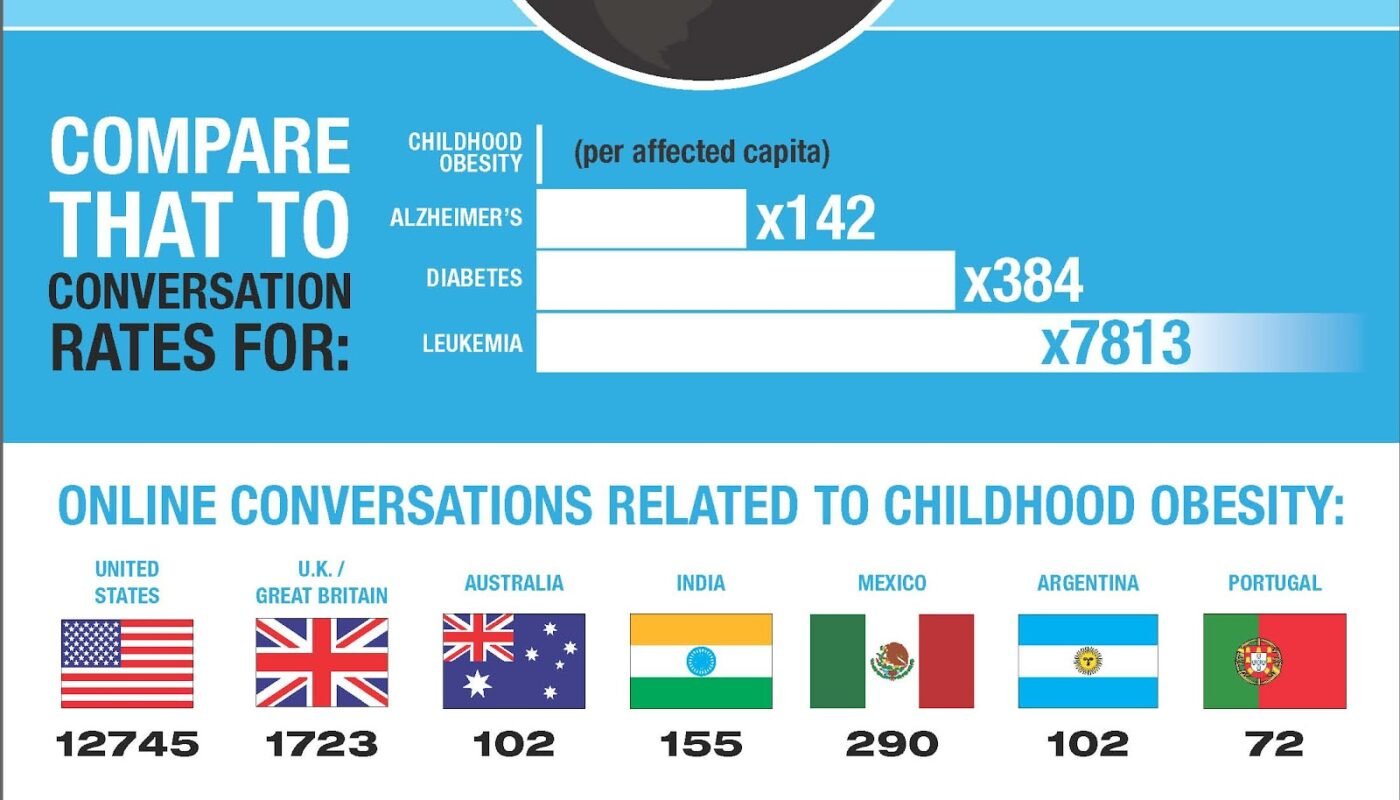A childhood obesity prevention program implemented in the emirates of Ajman and Umm Al Quwain has concluded, yielding promising results that highlight the efficacy of a multi-pronged approach to tackling this growing public health concern. The initiative, which targeted schoolchildren and their families, aimed to promote healthy lifestyle choices and empower communities to make sustainable changes that contribute to a healthier future generation.
The program incorporated a blend of educational workshops, interactive sessions, and community outreach activities. Schoolchildren participated in engaging workshops that focused on nutrition, the importance of physical activity, and making healthy choices. Interactive sessions equipped them with practical skills such as portion control, label reading, and meal planning. Parents were not excluded from these efforts. They were actively involved in workshops designed to foster a supportive home environment that prioritizes healthy habits. These workshops addressed topics like creating healthy menus, incorporating physical activity into family routines, and navigating the challenges associated with childhood obesity.
Community outreach activities formed another crucial pillar of the program. Collaborations with local authorities, sports associations, and healthcare providers facilitated the organization of events such as sports tournaments, cooking demonstrations featuring healthy recipes, and educational walks. These events not only provided opportunities for physical activity and knowledge sharing but also fostered a sense of community and collective responsibility in addressing childhood obesity.
Data collected throughout the program’s duration indicates a positive shift in participants’ attitudes and behaviors. Children demonstrated a better understanding of healthy eating habits and the significance of physical activity. Parents reported feeling more equipped to make informed decisions regarding their children’s diets and to integrate physical activities into their family’s daily routines.
The success of the program in Ajman and Umm Al Quwain underscores the potential of a comprehensive approach to curbing childhood obesity. By simultaneously educating children, empowering parents, and fostering community engagement, the program has instilled a culture of health awareness that is likely to have a lasting impact. The learnings gleaned from this initiative can serve as a valuable blueprint for similar programs across the region, paving the way for a healthier future generation.





